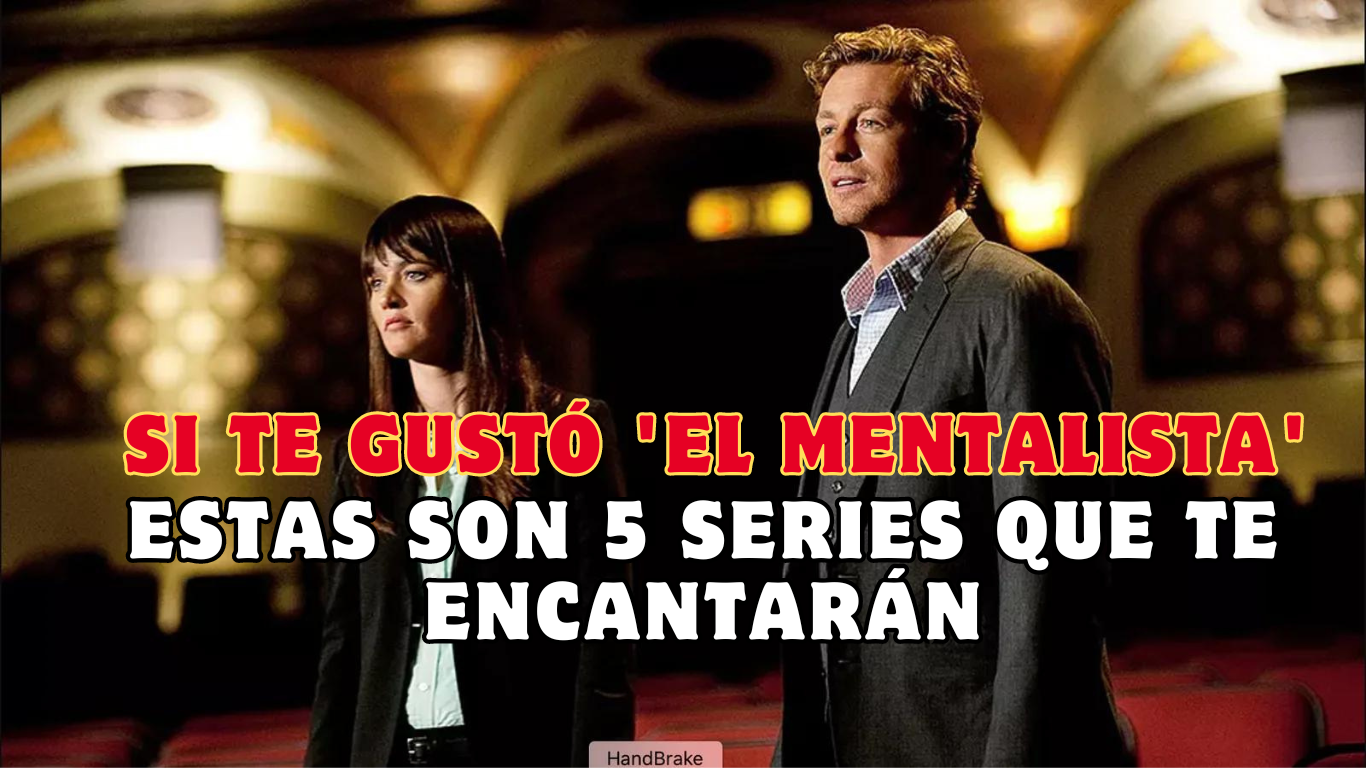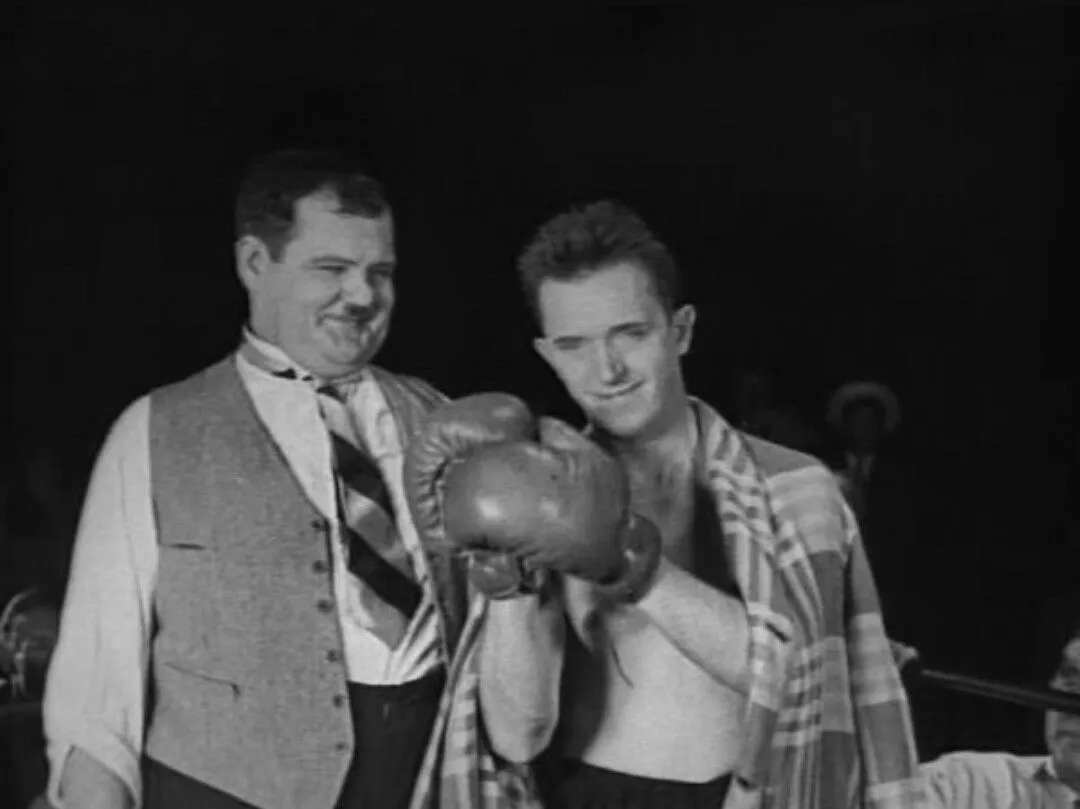
One Good Turn is a very average sort of Laurel and Hardy 2 reeler, which means that it’s very wonderful and delightful indeed. It’s another Depression era story in which two well-intentioned men with no real marketable skills are reduced from having very little to having nothing.
As the film opens they are camping out, doing some laundry, and cooking some soup. The tent catches fire -it is extinguished with the soup and meanwhile their laundry shrinks. They still have the car – for now. Ollie concludes that they will have to humiliate themselves by begging for food. “Again?”
Meanwhile, in a nice suburban neighbourhood, some amateur theatricals are being rehearsed. Rather unfortunately, the play being rehearsed is a melodrama about victims of the Depression. A central role is played by the home-owner, who’s a sweet old lady who strongly resembles Whistler’s Mother. As the cast breaks up, it is understood that James Finlayson (cast in a villainous role) will return later to rehearse further.
Stan and Ollie come a-begging and are instantly gratified by a sympathetic response. (This hardly ever happens to Stan and Ollie when they go knocking door to door.) After some wood-chopping that results in predictable pain for Ollie, the pair attempt to sit and eat a nice snack in a civilised fashion -which results in elegant petty tit for tat food play. Meanwhile, however, they overhear James Finlayson in the next room threatening to throw the old lady out into the street if she doesn’t pay up. She would gladly pay up were it not for the fact that she’s just been robbed. Evil cackling from Finlayson as he storms out to arrange an imminent and violent eviction concludes the rehearsed scene.
This is one of those rare occasions where Stan and Ollie’s mistake is not particularly foolish. At no point do we (or they) hear anyone say “let’s rehearse the play” or try to frame this rehearsal in any terms whatsoever. 1931 is, after all, the height of the Depression, and evictions are actual and tragic events being enacted daily in the so-called real world. Ollie pledges to find the hundred dollars that will save Whistler’s Mother from losing her home and they do so by auctioning off their Model T Car – their last remaining asset.
A series of errors ensue, involving a drunk putting his wallet in Stan’s pocket by mistake, Ollie mistaking Stan giving the time of day for an actual bid, and a struggle that results in the total destruction of the Model T. Ford (a car which, though sold by the millions, was seemingly so fragile you could pretty much tear it apart with your bare hands).
Billy Gilbert makes his first appearance in an Laurel and Hardy film as the drunk.. The celebrated Music Box will soon be delivered to Billy Gilbert’s tricky address. It’s been noted that the film also showcases the very last appearance of Stan’s trademark scissor jump which was used extensively in his earlier films (and incessantly in Putting Pants on Philip), but I have recently spotted it in a slightly later film – Any Old Port (1932). The final chasing of Ollie by Stan was, accordingly to legend, developed in part to placate Stan’s little daughter – who had been traumatised by seeing her Uncle Babe repeatedly chase and threaten her daddy on film.
By this point in their careers, Stan and Ollie are incapable of appearing on film together without delighting. Every passing glance, every sigh, every slight gesture, is perfectly timed and expressive of a complex and intense sense of relationship. Meanwhile, the context of Depression era poverty provides something of an edge to this film. It’s not as bleak as, say, Below Zero, but it reminds of a larger world in which authentically villainous banks were foreclosing left, right, and centre. To this extent, Laurel and Hardy were far less “innocent” and “escapist” than most twenty-first mirth-makers, most of whom avoid the topics of poverty and destitution like the plague.
I’ve some thoughts about a few other Laurel and Hardy movies.



